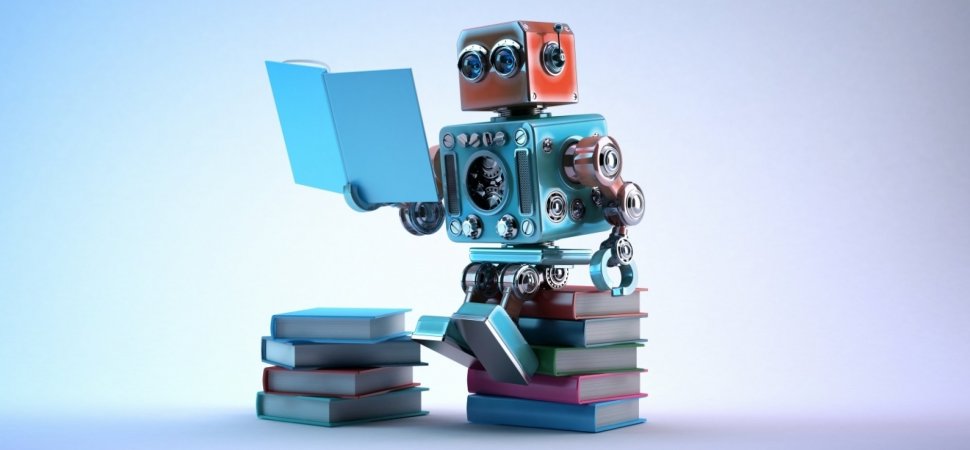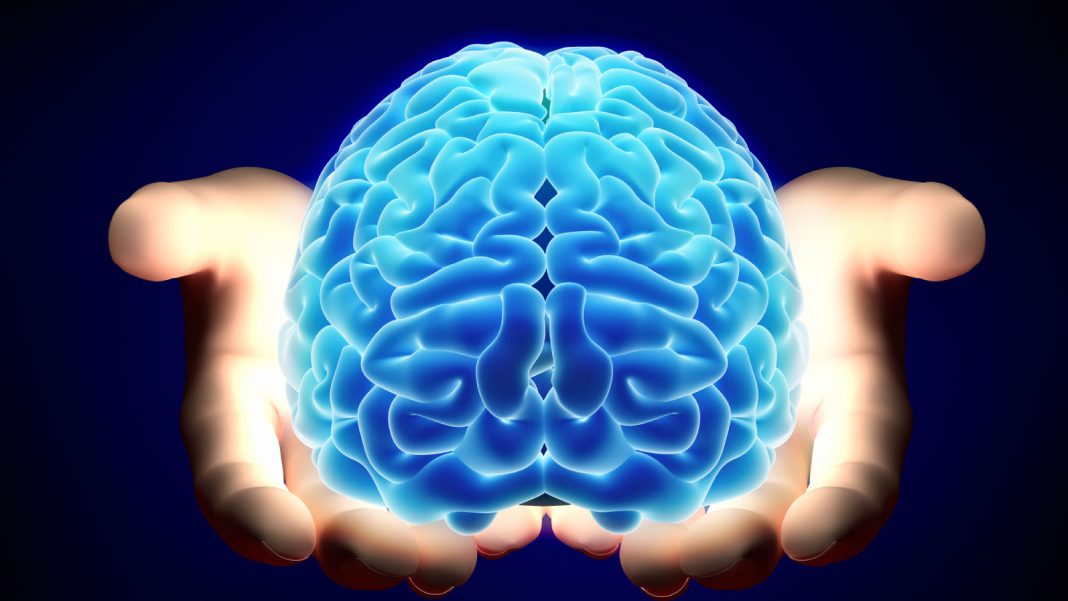Unless you’ve been hidden under a rock for the past few years, you’ll know that artificial intelligence (AI) is advancing at an incredible rate. But, that may not necessarily be a good thing and could actually be a bigger threat to society than we first imagined. That’s the same opinion to be heard from the European Economic and Social Committee (EESC) too.
A recent publication stated how the EESC’s Workers’ Group detected 11 areas of social concern when it comes to AI, including warfare and labor. It voiced the need to have an EU policy in place for the various AI applications that are in place already. This would include things like Netflix algorithms predicting your favorite programs as well as the regulation of futuristic autonomous robots.
“We need a human-in-command approach to AI, where machines remain machines and people retain control over these machines at all times,” said Catelijne Muller, spokesperson for the group. “It is up to us to decide if we want certain jobs to be performed, care to be given or medical decisions to be made by AI, and if we want to accept AI that may jeopardize our safety, privacy, or autonomy.”
The AI market is big business and already amounts to around $664 million. According to the EU, that figure expected to rocket to $38.8 billion by 2025, which is a phenomenal increase. We need to have standards and norms in place with which to protect ourselves and our jobs. Some of the social areas most under threat are:
1. Education and Skills: As AI becomes the norm, people will have no choice but to become more adept at programming and coding. For anyone that can’t, they will struggle.
2. Privacy: AI has already made its way into our appliances and smartphones among other things, sending our personal information and buying choices to the manufacturers. If regulations are not put in place our data is at risk.
3. Governance and democracy: Although AI has the potential to help promote public policy, there are concerns that smart technology could influence voting behavior in an adverse manner.
4. Ethics: We may be in danger of creating a very bias world with the introduction of so many forms of AI being programmed by young, white men. It’s not really a fair representation if the population now is it?
5. Safety: As we saw just last month with the hacks on the NHS, no system is foolproof and any form of AI that’s due to serve social needs to be tested in various situations to see what the outcomes will be before being released.
More News to Read
- Testing Quantum Gravity with Merging Black Holes
- Starting a Company? Trust Your Instinct and Stop Listening People
- Radio Waves Might Help Protect Our World From Deadly Space Weather
- Can New Startup Grail Beat Cancer With its New Form of Testing?
- No Time For Visiting Art Galleries? Google Here to Help!!











